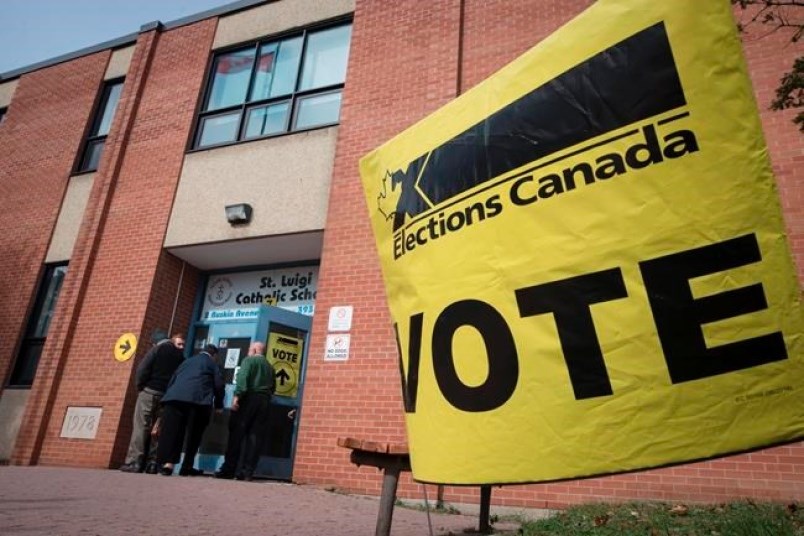The Editor,
Re. "Electoral reformers renew call for change" (The Tri-City News, Oct. 24).
For all practical purposes, the two Tri-City federal ridings are equally divided between the Liberals, Conservatives and NDP. In this election, the two winning candidates each received roughly a third of the votes cast, and roughly two thirds of the voters cast ballots for candidates other than the winning one.
Isn’t it time to have an electoral system that recognizes the reality of the actual range of political choices made by the Tri-City residents?
On a national level, similar distortions occurred. The Bloc Quebec received roughly the same number of votes as the Green Party but received 32 seats in Parliament while the Greens won three.
The media is full of pontificating commentaries about “western alienation,” the solidarity of Quebec, etc. But profound distortions between the actual voting percentages received and the number of seats received occurred in all regions of Canada.
In other words, our electoral system creates the perception of deep regional differences that, in most instances, simply do not exist.
Throughout our history national unity has been an elusive goal that all political parties have claimed to support. Perhaps it is time to stop giving only lip service to the goal of unity and adopt an electoral system that will create real working majorities in Parliament and reflect, through majority coalitions, the wide range of political opinions that Canadians actually hold.
In other words, proportional representation — like most responsible and well-functioning democracies.
Lawrence Fast, Coquitlam



